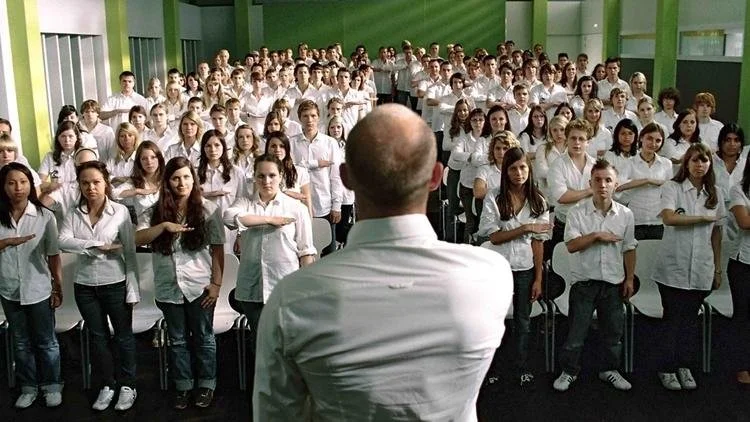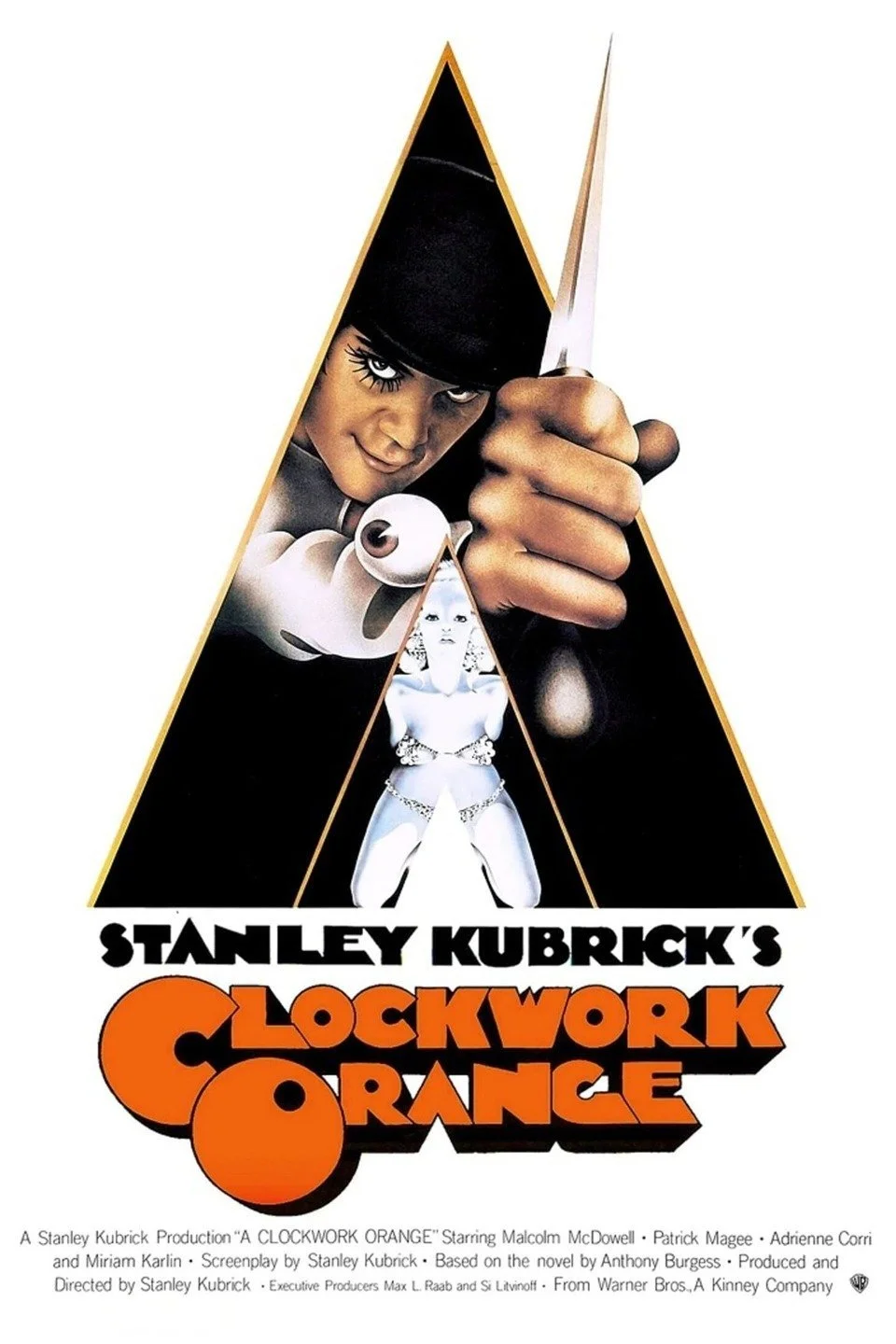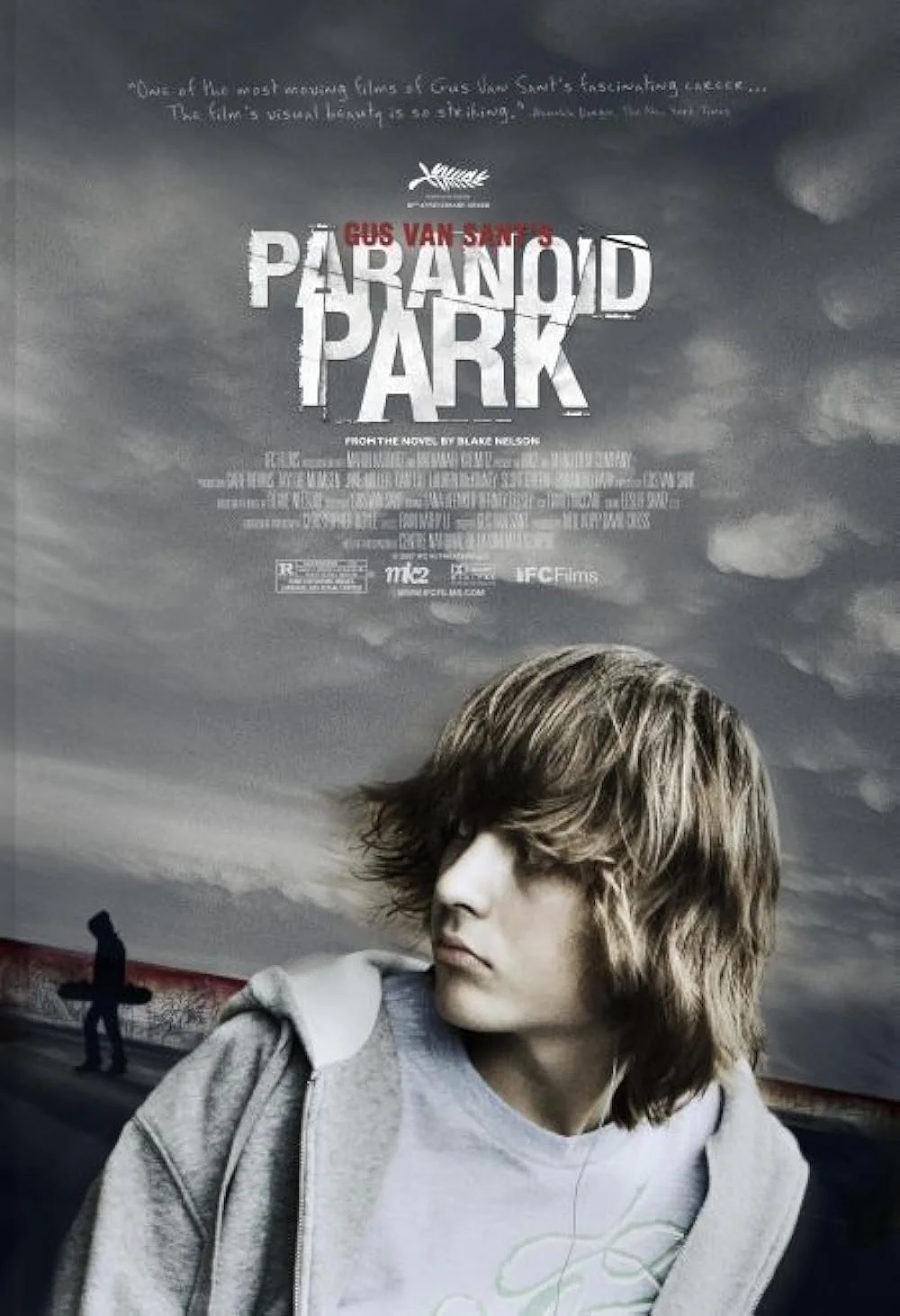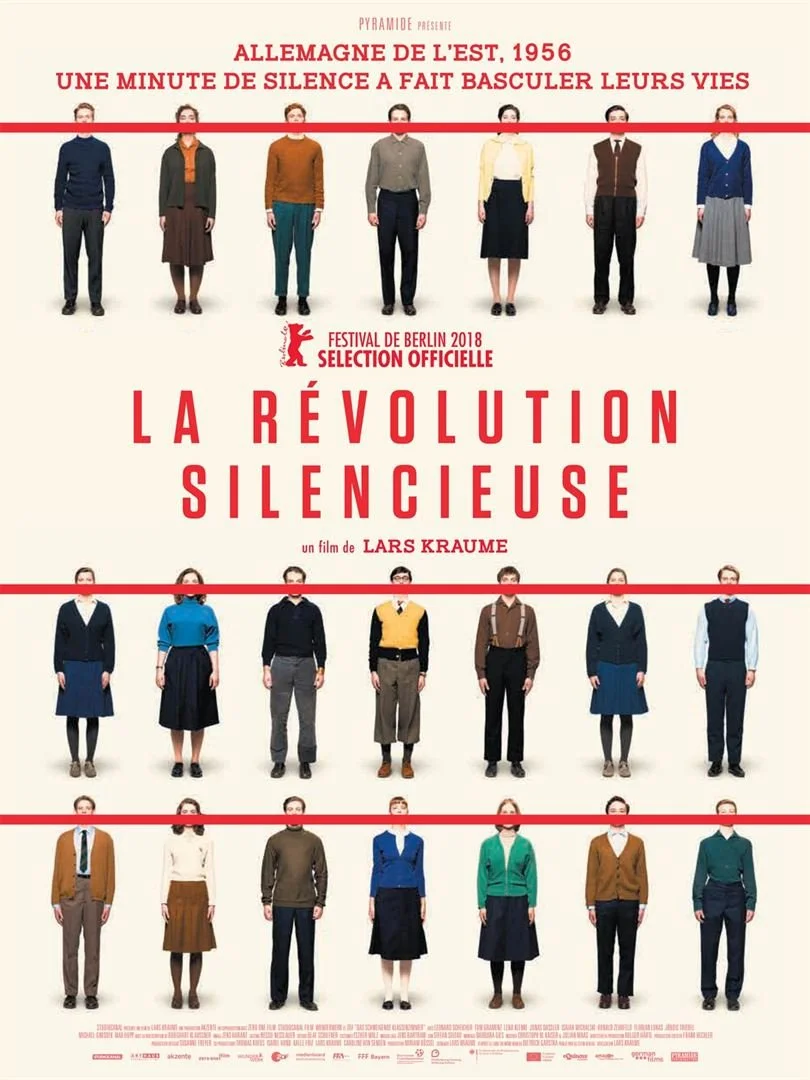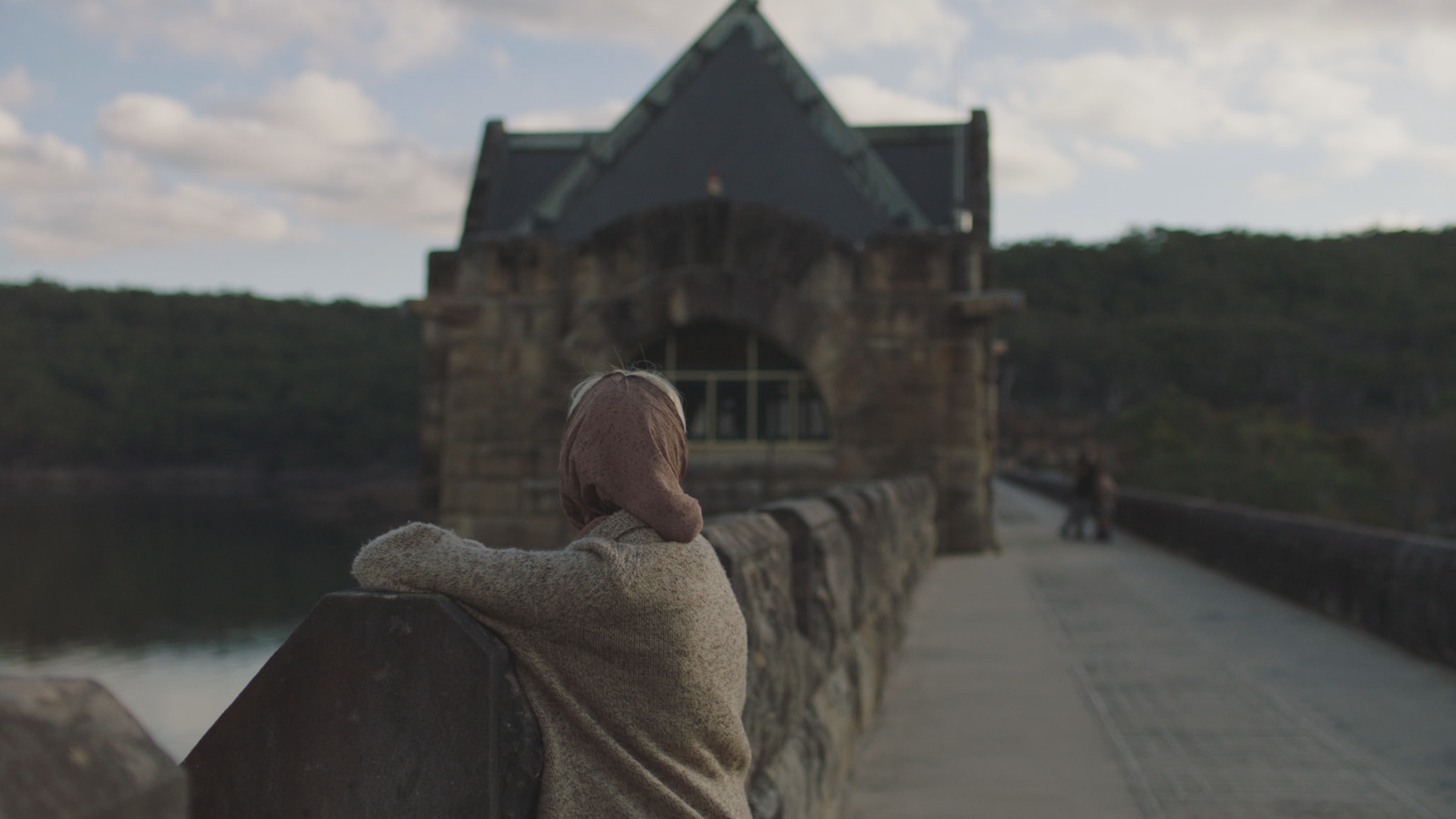How does an editor disrupt reality to craft a profound emotional impact on viewers?
An exegesis about film editing.If you asked me to pinpoint the most significant memory I have from growing up, this would be it.
A revised edit of Summer Palace (2007) in similarity with the memory.The images were a blur, the sound a muffled echo… but the indescribable tension and excitement coursing through my veins felt like an electronic vibration. Time stood still, yet it also rushed by.
Whenever I revisit this memory, I can still feel that energy spontaneously. I wasn’t a participant; I was merely an observer, a spectator. In fact, I was just eight months old.
Throughout my childhood, these elements have always resonated with me, forming a distinct cultural and societal framework.
Is there a connection between my early memory and my interests?
A mood reel I did in 2020.Another Brick in the Wall(1979)The Conformist(1970)The Wave(2008)Good Bye, Lenin!(2003)A Clockwork Orange(1971)Paranoid Park(2007)The Silent Revolution(2018)Well, I don’t recall the intellectual aspects of that early memory, nor did it spark any political interest. But that ‘Time-Image-Sound’ trio has dictated my sensibilities ever since, created some sort of ‘Fascination’. It is a subjective impression my brain constructed upon witnessing an event, a personal memory fragment. It may not be historically accurate or meaningful to others, but it has shaped my perception and worldview, along with other early-memories or dreamlike experiences.
It is so much so, just like a cinematic experience. Films build an emotional connection between the screen and the viewer, offering the fastest passage to a fourth dimension, transcending physical and realistic boundaries. We can instantly transport ourselves anywhere, any when, experiencing another person’s life without consequence or harm.
Cinema has the power to transform our perspectives on specific regions and social issues(Kubrak, 2020). Documentary director Terence Davies (Off Time and the City, 2008) has said :“You remember the intense moment, not the things around it,”(Koresky, 2014, p.125). Time and memory are non-linear and emotionally associative. Davies’ complex relationship with his own past has translated into a cinematic obsession with the nature of time and memory, prioritising emotional continuity over narrative continuity(Mattia, 2017), resonating with my pursuit to understand the impact of emotional reflections in the film editing process.
Film is a powerful medium that can transport us to different worlds and make us feel a wide range of emotions. Editing, as the ‘making’ of the theatrical framework, decides what we see and hear, when we receive the information. My research seeks to understand how, as an editor, I reflect my own emotions in the creation of a disruption of reality, to distinguish the difference between physical and psychological simulation.
Skin(2023)My research reflects on the making of my capstone film Skin(2023), a short film about Hungarian migrant Anna, who has escaped the aftermath of the Hungarian revolution, and found herself resettled in remote Australia with her husband and son in 1962. The sudden cultural dislocation creates tension in her mind and her household, triggering a hallucinated fear of an invisible spirit lurking in the liminal space she now calls home.
As a migrant myself, who happened to live in three different places growing up, and who also witnessed the death and reform of Communist China in the late 1990s, Anna's journey has multiple layers of similarities I could trace back to my personal experience and my perspective of my motherland. In my capstone film, Anna chooses the 'death' of her own culture and identity—a one-of-a-kind existential grief that many migrants and people living in a transforming phase of their countries resonate with.
My research is practice-based, taking a constructionist viewpoint, recognising that knowledge is actively built through interactions between individuals and their world (Crotty, 1998, p.42). Using The Kolb Learning Cycle as my methodology model, I embrace the idea that learning comes from experience (Schön, 1987). This involves actively editing a film and then reflecting on the findings. My method involves a continuous process where I critically examine my own work, draw insights from books, articles, frameworks, videos and interviews to enhance my understanding.




